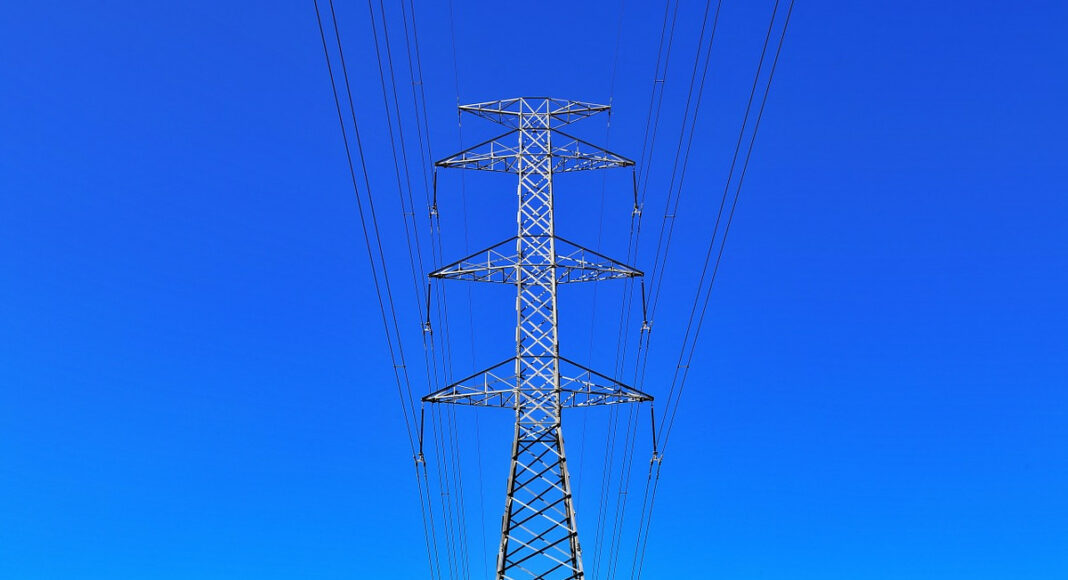Californians know to expect the unexpected. From earthquakes shaking us awake to wildfires racing through our mountains to tsunamis rocking the boats in our harbors, our great state offers breathtaking beauty mixed with a little unnerving excitement.
In recent years, residents of the Golden State have been hit with another unwelcome event: repetitive power outages. The outages that once occasionally darkened our homes have become almost routine year-round occurrences, and Californians have been clamoring for Pacific Gas & Electric Company (PG&E) to do something—anything—to eliminate their regularity.
Last week, PG&E announced an ambitious goal of burying some 3,600 miles of power lines over five years. The larger initiative, a multibillion-dollar effort to bury 10,000 miles of power lines in “high-risk” wildfire areas, was first announced with little fanfare in 2021.
Due to the unprecedented and historic casualties from PG&E’s hapless management of its power lines and infrastructure, the utility wants to assure Californians that their concerns have been noted.
“Undergrounding is a strong long-term solution for PG&E to reduce wildfire risk in certain parts of our service area,” PG&E CEO Patricia Poppe said on a Feb. 10 earnings call with investment analysts.
Where does that put San Lorenzo Valley in the scheme of things? Near the top, if everything goes as planned, said PG&E spokesperson Mayra Tostado.
On Feb. 25, PG&E will file their plans with the California Public Utilities Commission (CPUC), and the plans will become public after submission. Once each specific location for undergrounding is determined, PG&E will begin public outreach to its customers via mailings and social media announcements.
“There are some communities where the Power Safety Public Shutoffs (PSPS) were implemented repeatedly due to high-risk wind conditions. Those areas would be prioritized for undergrounding work,” Tostado said.
She cites San Benito County and the San Lorenzo Valley, which was ravaged by the CZU Lightning Complex fires in 2020, as two of the focal points for the project.
“Even with the implementation of our other program, Enhanced Powerline Safety Settings (ESPP), San Benito County and the San Lorenzo Valley have been identified as priority recipients for the undergrounding project,” Tostado said.
For now, Tostado welcomes customers to stay connected with the utility as their plans for undergrounding power lines progress. The work will be done in sections, allowing customers to be linked into other power microgrids or receive power through temporary generators to avoid loss of electricity during the process.
Santa Cruz County 5th District Supervisor Bruce McPherson said that although he’s glad to hear PG&E is committing to undergrounding more power lines, there are no current “guarantees about when or where the undergrounding might take place in the San Lorenzo Valley or how many miles they might replace.”
“What would be a much more realistic and less expensive remedy in the meantime would be to replace their bare wire with insulated wire in these high-fire danger areas,” he said.
Although the idea had been discussed in previous years, the rapid onset of climate change and its impact on California forests was the tipping point for the process.
“The changing climate and other risk factors led us to believe that this was the right time to start undergrounding these power lines to provide safer service to our customers and mitigate that risk of a catastrophic wildfire,” said Tostado.
While providing power to the people is PG&E’s responsibility, the effort to move power lines underground “will require coordination and communication with all levels of local government,” Tostado said.
Last year, the utility buried 70 miles of power lines. This year, it plans to double that, and “continue to ramp up those efforts in the coming years,” Tostado added.
“We want what our customers want: a safe and resilient energy system,” she said. “We have taken a stand that catastrophic wildfires shall stop and are committed to further hardening our system by undergrounding 10,000 miles of distribution power lines.”
PG&E has been sued by multiple entities for their failure to properly and safely manage their power and gas lines. In fact, the utility has been blamed for multiple fires over the years, and ultimately declared bankruptcy in January of 2019 to protect its shareholders from billions of dollars in fire-related penalties. In 2020, PG&E agreed to pay $25.5 billion in fire-related claims, and emerged from bankruptcy in July of 2021, shortly before Poppe assumed control of the utility.
The continuous cycle of trees hitting power lines, power lines igniting fires, fires destroying towns and entities suing PG&E for negligence has finally reached a boiling point for the utility.
“We are doing a meticulous assessment of the communities we serve in order to determine prioritization of undergrounding work,” Tostado said.
By assessing area risk factors like dead/diseased trees, low humidity and the amount of underbrush present, PG&E leaders will create a plan to address the order in which communities will be chosen to undergo the burying of power lines.
“We’ve formed a coalition of experts to create an undergrounding advisory group to lead the work,” Tostado said. “It’s a tremendous effort of many different parties coming together from telecom, agriculture, labor and several other industries to bring this plan to fruition. These conversations are happening on the community level to ensure a successful and strategic project in each neighborhood.”
The cost of undergrounding is estimated to start at $3.75 million per mile in 2022. PG&E leadership believes that as the process becomes more streamlined and optimized, the cost per mile will decrease to $2.5 million by 2026.
The question of cost—and who shoulders the burden—is an important element. The CPUC will need to approve any transfer of costs to ratepayers, and as of yet, that determination hasn’t been finalized, though Tostado believes more information will be made available following the Feb. 25 meeting with the commission.
“We are committed to supporting our customers, including high fire threat districts,” Tostado said.
The Feb. 25 meeting between PG&E and CPUC will result in additional information for ratepayers. Stay tuned for updates on the undergrounding project.












